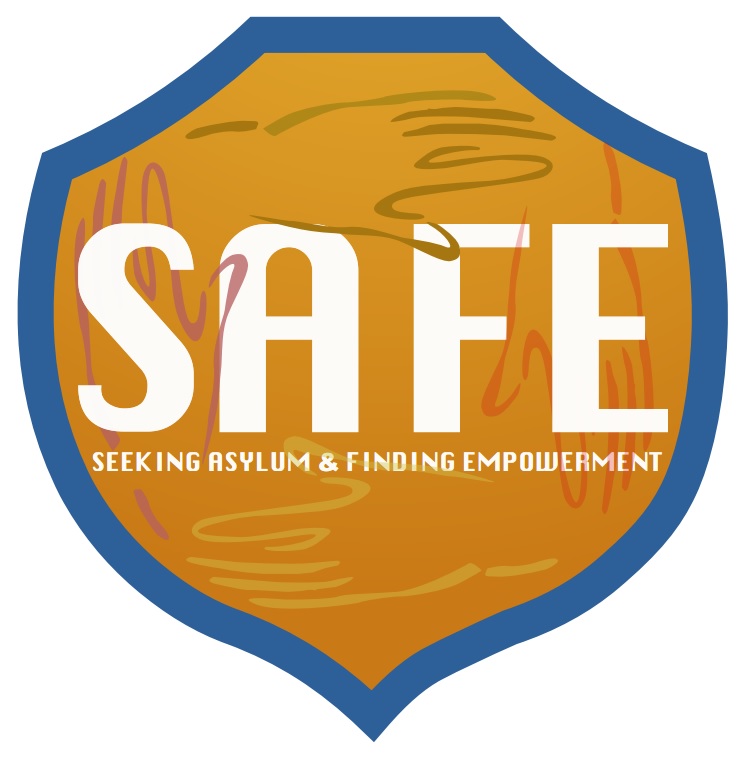End Double Discrimination
End Double Discrimination against LGBTQ+ Immigrants
by Lyosha Gorshkov
Same-sex couples face withering stares and homophobic slurs, such as pidar (“faggot” in Russian), when they walk down the street hand in hand. Landlords avoid renting to openly LGBTQ+ individuals. Workers at restaurants and shops face relentless misogyny and homophobia. From all corners, transgender people face a host of perils, from unacceptable misgendering to horrendous violence. For all these individuals, finding a safe place to be oneself is very hard.
The picture I am painting is not to be found in Moscow--although all of these things happen there, too--but here in New York City. And this situation is not confined to Russian-speaking communities, but extends to all corners of the city.
Our city’s and state’s human rights protections are no better than the paper they are written on if they do not protect the vulnerable among us: LGBTQ+ individuals fleeing persecution in their countries of origin and living among us. They lack the knowledge and language skills to know how to navigate the legal system and exercise their rights. More troubling, they have few allies here who are willing to tackle the rampant discrimination and threats that are endemic to many communities in New York.
The current political climate remains extremely hostile towards immigrants. The White House agenda is clear: immigrants are not welcome in the United States. Considering the multiple threats coming from the federal government and inaction from state and local governments, immigrants often feel frustrated and even abandoned. In this regard, LGBTQ+ immigrants experience a double mistreatment, from both the government and their own compatriots.
Fleeing for their lives, LGBTQ+ immigrants arrive in New York and usually settle in the neighborhoods where people speak their language and share the same cultural attitudes. Unfortunately, quite often those areas of resettlement are not safe for LGBTQ+ individuals due to homophobia, racism, misogyny, etc. It turns out that coming from very conservative and homophobic/transphobic backgrounds, LGBTQ+ immigrants face the same challenges here, in New York City, that they faced in their countries of origin. While there are laws on the books here, they alone mean very little to the lived realities of these LGBTQ+ individuals. For example, they may be afraid to report incidents involving physical violence or verbal abuse to the police due to the lack of trust and their traumatic experiences interacting with the police. In Russia, for example, survivors of anti-LGBTQ+ violence often face police indifference, ridicule, or worse.
What would make a real difference is sustained and robust education efforts that saturate our neighborhoods. No one should need to look far to see a rainbow flag or a human rights poster in multiple languages. Every public employee, from teachers to cops, should be trained on how to prevent, detect, and respond to anti-LGBTQ discrimination, harassment, and violence. Governmental and non-governmental mechanisms that monitor human rights need to be present in communities. Most critical, LGBTQ+ immigrants must have access to free legal services for immigration and also civil matters, such as housing, employment, and benefits.
It is not so far-fetched to think that all of these things can be achieved. We need only look to the way domestic violence is treated. American society still has a long way to go, but there are models in place that point us in a better direction for all trauma survivors. Like all such individuals, LGBTQ+ asylum seekers and asylees are simply asking for this: a safe place where they can heal and grow and eventually thrive.
